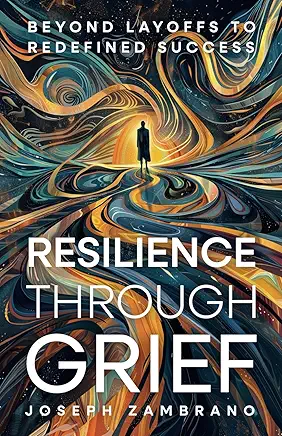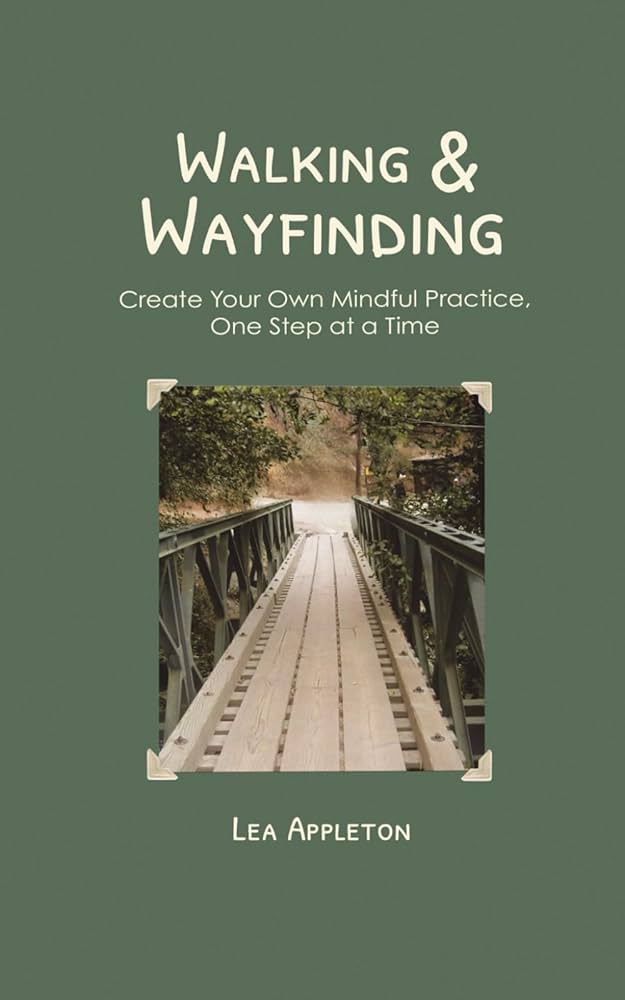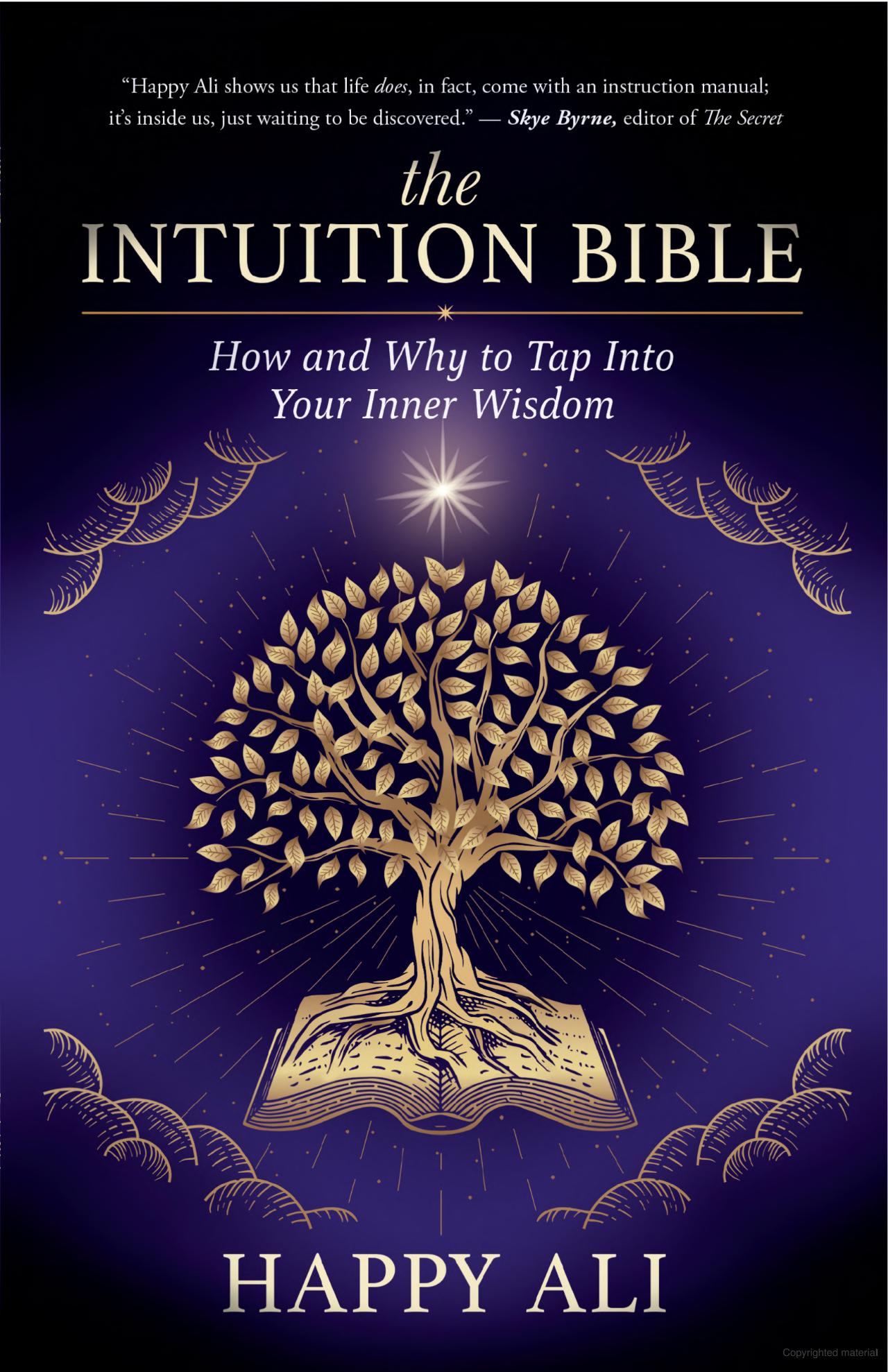For many adults, work is central to the core of our identities. Being appreciated for a job well done gives life its meaning and purpose. When regretful transitions happen at work – losing out on a promotion or being laid off – one must endure a palpable loss and grief. Texas executive Joseph Zambrano has been in the trenches of leadership in the healthcare industry and eagerly wrote about the lessons learned from facing many challenges in his career. In his book, Resilience Through Grief: Beyond Layoffs to Redefined Success, Zambrano shares his story of discovering leadership strengths through job loss and the global pandemic. The book is structured to first delve into Zambrano's personal experiences, then to offer insights and advice, and finally to provide practical strategies for readers to apply in their own lives. His experiences show how grief can lead to lasting transformations, such as building resilience, fostering personal growth, and enhancing emotional intelligence.
The book is a great read not only for leaders and managers in various sectors but also for professionals at different stages of their careers who are working through personal or professional challenges. Whether you're a seasoned leader with decades of experience or a young professional navigating the early stages of your career, Zambrano, who identifies as a Hispanic man, shares relevant and valuable insights. I read the book from my point of view as a leader with more than 20 years of industry experience. The author’s depiction of his bosses – the effective ones and some who are toxic – is all too relatable. Dehumanization happens too often in work environments with leaders who lack empathy and respect for their workers. Through his analysis, the author weaves in his understanding of power plays and how to sustain one's humanity while navigating company culture.
Resilience Through Grief: Beyond Layoffs to Redefined Success is a guidebook for finding strength in vulnerability and fostering leadership in the face of challenges. Beyond sharing advice for weathering workplace transitions, Zambrano offers practical insights about understanding oneself and others, underscoring the ability to shift perspective toward what truly matters. He advocates that leaders develop a shared sense of humanity in their teams and always lead with empathy. Ultimately, there is more life than the status afforded by one’s profession. Zambrano stresses the importance of perspective-taking and work-life balance in charting a new path toward healing and resilience.


